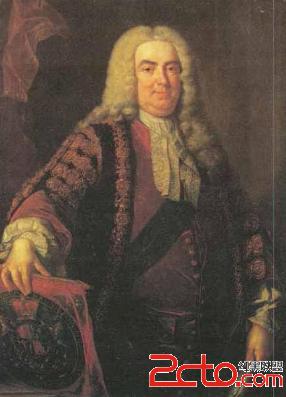題意 給你兩個4位素數a, b 你每次可以改變a的一位數但要求改變後仍為素數 求a至少改變多少次才能變成b
基礎的bfs 注意數的處理就行了 出隊一個數 然後入隊所有可以由這個素數經過一次改變而來的素數 知道得到b
#include#include using namespace std; const int N = 10000; int p[N], v[N], d[N], q[N], a, b; void initPrime() { memset(v, 0 , sizeof(v)); for(int i = 2; i * i < N; ++i) if(!v[i]) for(int j = i; i * j < N; ++j) v[i * j] = 1; for(int i = 2; i < N ; ++i) p[i] = !v[i]; } int bfs() { int c, t, le = 0, ri = 0; memset(v, 0, sizeof(v)); q[ri++] = a, v[a] = 1, d[a] = 0; while(le < ri) { c = q[le++]; if( c == b) return d[c]; for(int i = 1; i < N; i *= 10) { for(int j = 0; j < 10; ++j) //把c第i數量級的數改為j { if(i == 1000 && j == 0) continue; t = c / (i * 10) * i * 10 + i * j + c % i; if(p[t] && !v[t]) v[t] = 1, d[t] = d[c] + 1, q[ri++] = t; } } } return -1; } int main() { int cas; scanf("%d", &cas); initPrime(); while(cas--) { scanf("%d%d", &a, &b); if((a = bfs()) != -1) printf("%d\n", a); else puts("Impossible"); } return 0; }
Prime Path
Description
 The ministers of the cabinet were quite upset by the message from the Chief of Security stating that they would all have to change the four-digit room numbers on their offices.
The ministers of the cabinet were quite upset by the message from the Chief of Security stating that they would all have to change the four-digit room numbers on their offices.1033The cost of this solution is 6 pounds. Note that the digit 1 which got pasted over in step 2 can not be reused in the last step – a new 1 must be purchased.
1733
3733
3739
3779
8779
8179
Input
One line with a positive number: the number of test cases (at most 100). Then for each test case, one line with two numbers separated by a blank. Both numbers are four-digit primes (without leading zeros).Output
One line for each case, either with a number stating the minimal cost or containing the word Impossible.Sample Input
3 1033 8179 1373 8017 1033 1033
Sample Output
6 7 0